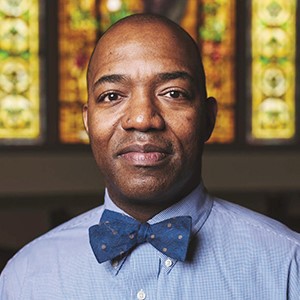

Against Religious Tradition
- August 13, 2019 | Mark 7:1-23
“Business as usual” can be a roadblock when it comes to innovation and progress. Whether at work or in our churches, if we do things just because “that’s the way we have always done it,” we may be standing in the way of needed improvements.
In Mark 7, Jesus confronts some traditions practiced by the Pharisees and teachers of the Law. Notice that the writer mentions “tradition(s)” five times in verses 3, 4, 5, 8, and 9. These traditions had started with good intentions, based on Scripture. But over the years, they expanded into layers of empty rituals.
The Jewish Mishnah says, “Tradition is a fence around the law.” The ceremonial washing of hands was one such tradition that had taken on a life of its own. When the Pharisees asked Jesus, “Why do your disciples not do what everyone else has been doing?” Jesus appealed to Isaiah 29:13. He said substituting tradition for real worship of God has been a problem of the ages. Human- created religious tradition can allow people to praise God vocally without having a heart for God; and rituals can take the place of genuine faith (v. 6).
The Pharisees had established a practice called Corban, meaning “dedicated to God”. This was a vow to set aside money for the Lord. But one did not actually have to distribute the money, but only to say the funds were Corban. Then, if a parent needed financial help, an adult child could say the higher honor would be to hold his money for the Lord. Obviously, this tradition needed to be questioned.
Jesus said it was not what we do on the outside that matters, but the condition of our heart (v. 15). We are to be less concerned with keeping traditions and more concerned about a heart fully devoted to God.
Pray with Us
Lord, we pray that you give us the ability to serve you thoughtfully and humbly, that we will be sensitive to the guidance of the Holy Spirit in every situation, and that we as the body of Christ will be open to godly change in our churches.






